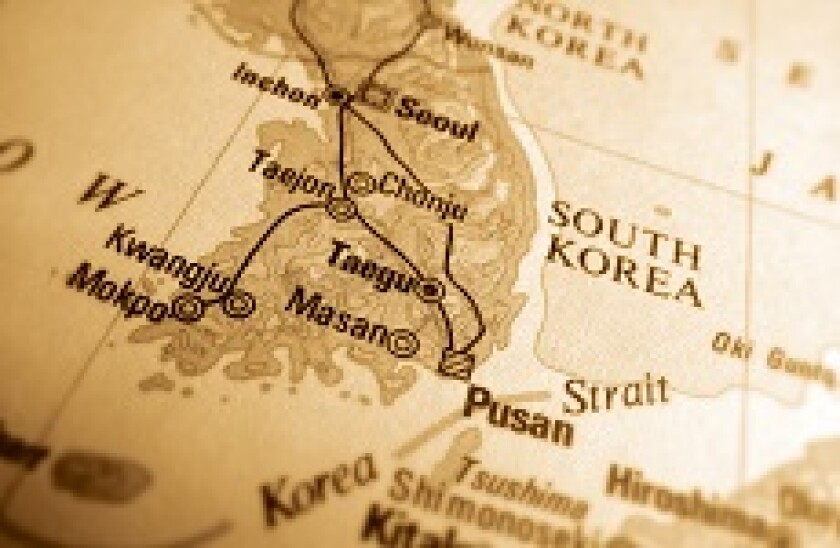The problems faced by South Korea’s nascent market for real estate investment trusts (Reits) are not unfamiliar to anyone with experience of getting this asset class off the ground. Countries like Thailand have also had a tough time when trying to move to a modern Reit regime.
The difference is that, in some ways, Korea is no newcomer to the sector. The legislation for the market was enacted as far back as 2002. But even today Korean Reits remain a shadow of what other countries have achieved in Asia.
Singapore provides an instructive example of how Reits can thrive — and even that mature market is continuing to seek out improvements. Meanwhile, regulators in China, India, Pakistan and even Saudi Arabia are at various stages of Reit reform.
By comparison, Korea’s Reits have fallen behind. Some 13 years later, only five are publicly traded, depriving its domestic capital market and investors of a potentially lucrative asset class.
The problems are many, but taxes stand right at the top. Despite various tweaks to its domestic Reit regulations, the local market continues to be hobbled by archaic tax rules that punish property owners for setting up Reits.
Few other places in Asia have a regime where a Reit is obliged to not only return 90% of its distributable income to shareholders, but on top of that pay its share of corporate taxes.
And that’s just taxes. Anyone looking to set up a Reit in Korea has to contend with a frustrating amount of red tape, as well as uncertainties around the role of the sponsor and Reit manager, gearing, and the kind of assets they can or can’t invest in.
No wonder, then, that the local Reit market has been dwarfed by private real estate funds, which number in the hundreds and were estimated to be worth W27.5tr ($25.3bn) as of October 2014.
By comparison, listed Reits held W6.8tr in assets, according to figures from the Korea Financial Investment Association. In Asia there are 244 listed Reits in Asia, but a mere handful in Korea.
A sense of urgency is now needed. Despite its early start, Korea risks losing competitiveness as other countries in Asia race to make their own regulatory regimes supportive of — and catalysts for — Reits.
Reits appeal to a wide investor base and play a crucial role in deepening the capital market of any country. The amount of private money that has changed hands in relation to property funds in Korea is testament to the potential.
The Canada Pension Plan Investment Board acquired a 50% interest in a Samsung-affiliated private property fund for W126bn in 2013. That same year Li Ka-shing’s ARA Asset Management bought Macquarie’s Korean property business.
As Korea’s broader equity capital markets stutter from a lack of primary dealflow, public Reits could prove to be a popular option and a win-win for not just investors, but also issuers and bankers.
To achieve this, regulators have to take the bitter pill now and reform the sector wholesale, rather than making piecemeal changes that do little to convince anyone that they are serious about taking action.
Last week the Korea Exchange released new guidelines that allow for a lower threshold of sales for firms not specialising in the real estate business to list as a Reit. These firms will also no longer have to maintain a certain level of quarterly sales.
This is a step in the right direction, but it does not go far enough in sending a strong message to the global investment community. Korea needs to level the playing field between its public and private property funds —and should start by scrapping cumbersome withholding taxes.
In Singapore – the go-to jurisdiction for Reits in southeast Asia – Reits enjoy tax-free status if 90% of their income is distributed to shareholders. Retail investors are also exempt from taxes on their dividends, while institutional investors are levied a 10% withholding tax.
Reit models such as Singapore’s work because they have created a market that is liquid, with a high volume of trading, and because they allow Reits the flexibility to buy and dispose of assets, as well as take on debt to make acquisitions.
Korea needs to look at other jurisdictions and shape up if it wants to be competitive. There are no quick fixes, but big wins await if it gets its Reit issues right.

